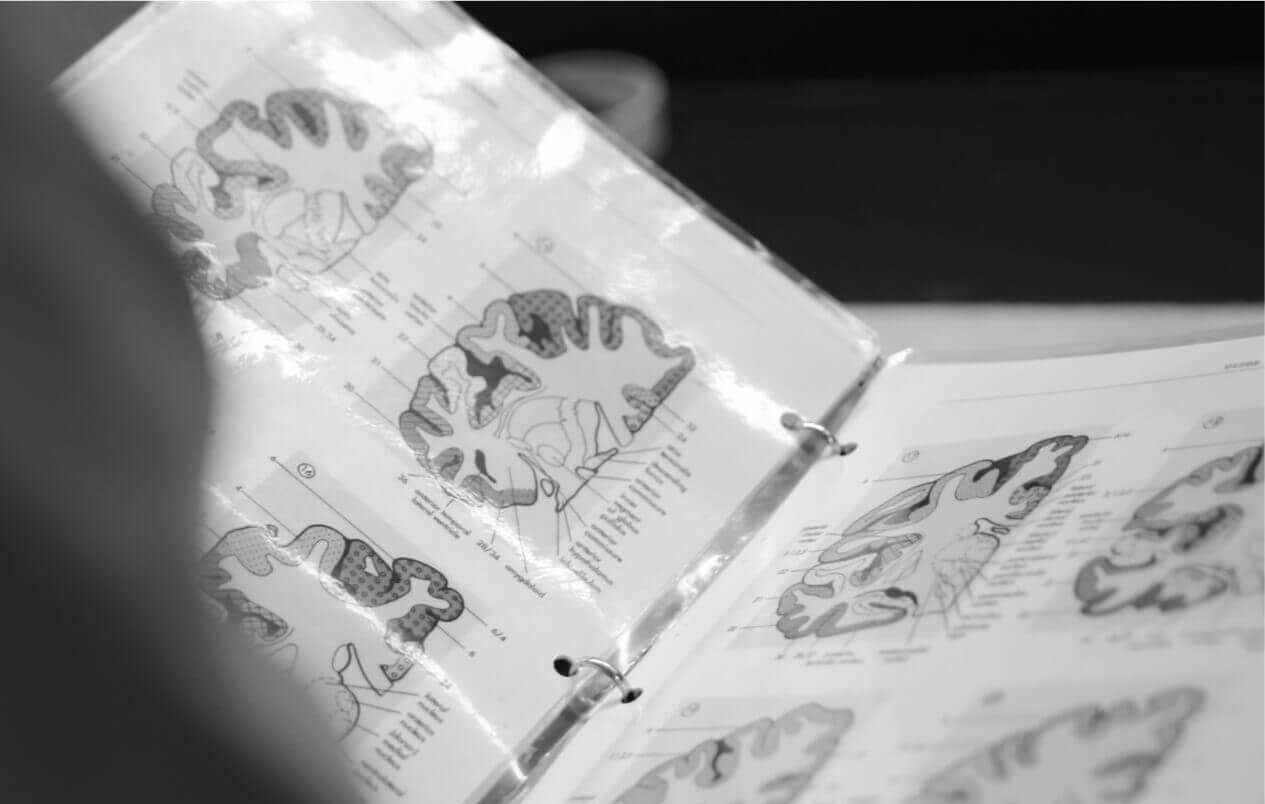Wait. What? Brain Donation is Not a Part of Organ Donation?
When people hear about brain donation for the very first time, they have a lot of questions. Until someone grasps the reasons why there’s a critical need for it, or understands the logistics of how it works, it’s a whole new concept. Usually, there is one specific question that comes up first–and that one may be the toughest to answer.
It’s About Organ Donation
There’s a common assumption that if someone has checked the box to become an organ donor, they’ve already agreed to be a brain donor. It makes sense: the brain is an organ – a complex, vital one, actually – so it’s included in that consent, right? Wrong.
Part of the reason is that organ procurement organizations (OPOs) are focused on organs that can be transplanted, like hearts and kidneys, or tissues used to implant in procedures to help healing, like skin or bone grafting. Brain tissue for research is typically not recovered by OPOs because it requires a different kind of recovery procedure with its own set of deadlines, and it must be supported by an infrastructure that allows for flash freezing and fixative storage. Also, only about two percent of deaths are eligible to become organ donors – a person’s death must happen in a certain way that keeps oxygen going to the organs. And the kind of medical intervention that provides that oxygen often disqualifies brain donation.
More People May Qualify for Brain Donation
Actually, an individual’s suitability to become a brain donor is much more common – as nearly any diagnosis, or the lack of one, is needed for research. So, it would make for an exponentially larger number of recoveries to include brains in organ donation. However, an extensive reconfiguring of the entire system would be in order. A person can register to do both: be an organ donor and a brain donor, but separate steps are required. One circumstance is well-defined, however. Should a life-saving organ be available for transplant, that would always take precedence over any other tissue recovery, such as brain donation.
Why Not Include Brain with Organ Donation?
Will organ donation and brain donation ever be combined routinely? It’s hard to say. Brain banking is an expensive proposition because of its infrastructure, so costs would also have to be considered. It might make sense someday to allow individuals to “opt-in” or “opt-out” of brain donation when they agree to be an organ donor. For now, organ donation and brain donation continue to require separate registration arrangements. And if you haven’t done so yet, please consider taking steps now to become a donor when the time comes.



